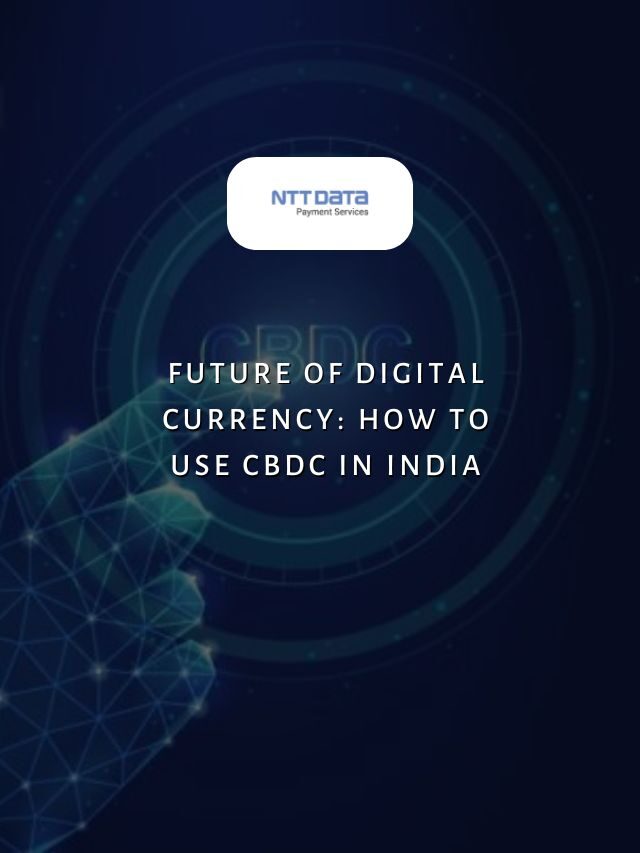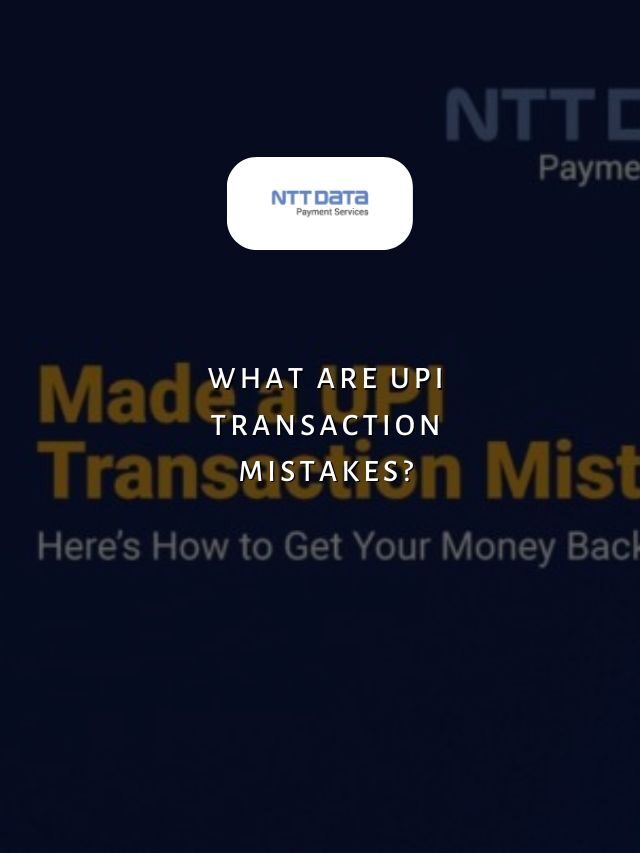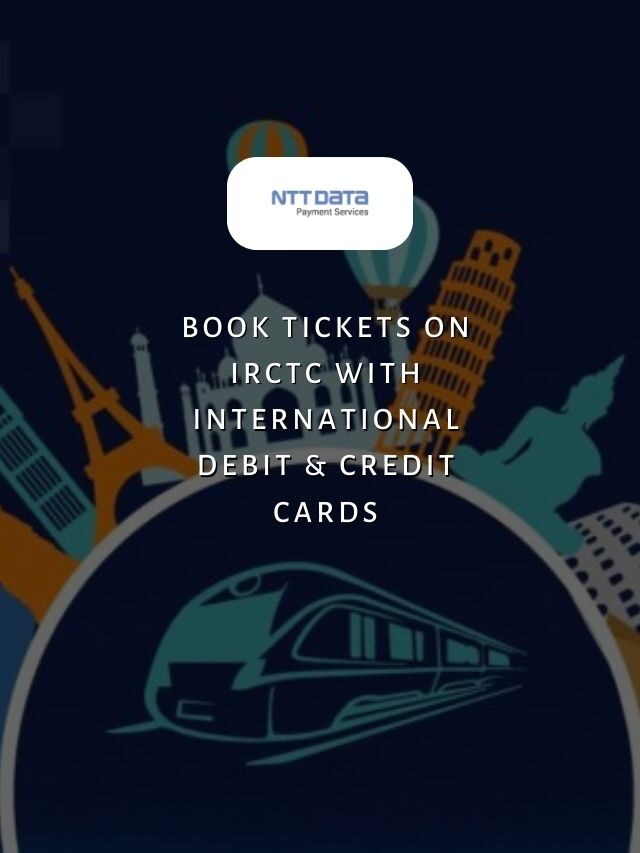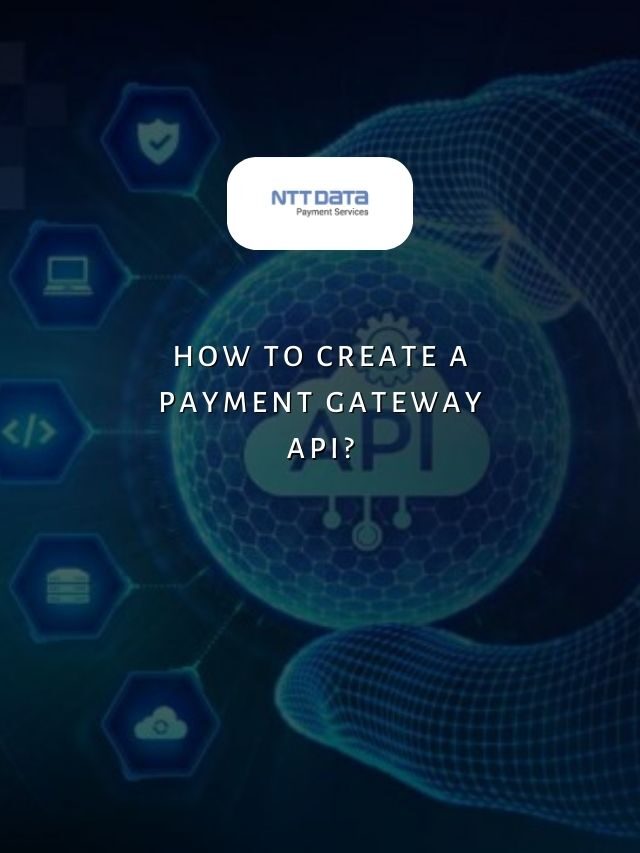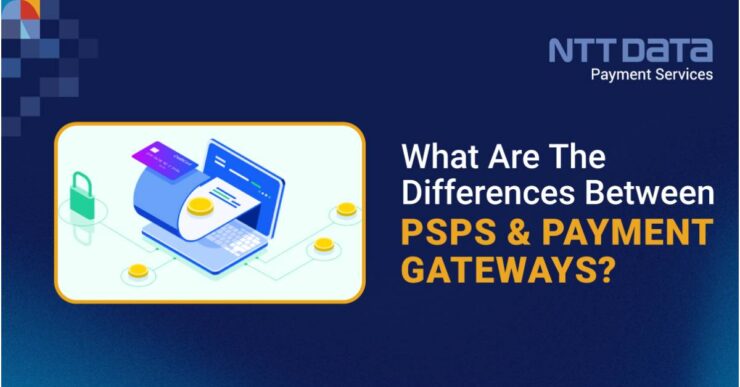
Table of Contents
This article will answer the question: What are the differences between PSPs and payment gateways? And elaborate these both individually too. This digital era has become a turning point for various industries and their development among their competitors.
The banking sector is one of the industries which has also seen multiple changes and has developed a lot. Unlike before, carrying money in hand is unnecessary as everything is digitally enabled. Various payment service providers are approved by the bank available to choose and these services aid in having a safe and quick transaction.
What are PSPs?
The abbreviation of PSP is the payment service provider. PSP acts as a bridge between the customer and the merchant while transacting, as well as transmitting information about each other. It helps to have a smooth and hassle-free transaction.
To elaborate more clearly for a better understanding, let us take an example. When someone buys a product from a website and makes the payment using a card, the first procedure will be to enter the required details, like the details on the card. Then comes the payment service provider to the action. The PSP transmits the details of the payment initiator, i.e., the buyer and the merchant, who is the receiver. It all starts when the buyer initiates the payment.
The details will be sent to the payment service provider from which it bridges both. The PSP sends the details to the card network to verify them, then proceeds to transmit them to the bank, where the bank confirms the payment initiator’s account, like the fund sufficiency.
Once the bank endorses and approves the payment, it sends the information to the card network and the payment service provider. As the final step, the PSP shares the details with the payment initiator and the receiver and, thus, when the payment transaction is successfully done.
The payment service provider provides a total solution that includes technical transaction processing and money collecting. The payment service provider is responsible for all arrangements with banks and other sources.
The payment service provider has various online transaction modes, including cards, e-wallets, and e-banking. The PSPs aid by not restricting access with the particular payment mode; instead, gives vast options to choose from for various level payments.
Recent Web Stories
What are Payment Gateways?
The payment gateway is the solution that is engaged in any form or technique of transaction. Online payments have become a necessary part of each transaction. As a result, knowing its process is critical. For any transaction a minimum of two parties must be involved.
The transaction originator is one, while the recipient is another. To understand better, two parties are involved in a transaction: the customer and the seller. When a transaction occurs between two parties, the payment gateway handles the transaction.
The payment gateway encrypts and collects all required information from the payment initiator about their account details, such as the name of the account holder, CVV, expiry date on the card, and account number if the payment is made with a card, and transmits this information to the receiver’s bank. As a result, the initiator may make payment, and the receiver can get the funds in their bank account without difficulty.
The payment gateway enables online transactions involving a card or any other method provided by the payment servicing firm and authorized by the bank. Furthermore, a payment gateway is engaged when a payment is made using a card or other payment modalities.
A payment gateway is essential in every online transaction, and there are several sorts of payment gateways from which you can pick one that best fits your business needs. It is about the amount of security desired before processing any payment.
The payment gateway’s two-dimensional security will not include an authentication step. In contrast, the payment gateway’s three-dimensional security requires authentication before proceeding with transactions.
NTT DATA Payment Services provides its clients with the best payment gateway solutions. NTT DATA Payment Services offers innovative services to various sectors and facilitates payment. Debit cards, credit cards, challan, net banking, NEFT/RTGS, UPI, EMI, Bharat QR, and many more payment gateway options are available through NTT DATA Payment Services, which also offers multi-bank EMI, several payment methods, a rapid retry option, and invoice payment.
What are the Differences Between PSPs and Payment Gateways?
A payment service provider (PSP) provides merchandiser accounts to a set of merchandisers and helps the merchandiser with the transaction procedures but does not participate in the merchandiser funding process. A payment gateway is a process that transmits data transfers between a merchandiser and the payment initiator.
| Payment service providers (PSPs) | Payment gateway | |
| How it works | The merchant can choose a Payment Service Provider (PSP) to handle his online payments, including debit and credit card purchases and other purchases using different payment modes. | A payment gateway is a process that acts as an interface between the payment initiator’s bank and the receiver’s bank. Banks use it to transport transaction data from the merchandiser to the acquiring bank. |
| Operates | A payment service provider operates behind a transaction by enabling the exchanges. | A payment gateway operates directly with customer intercommunication. |
| Transmission | When the payment is initiated, the process starts from the details sent to PSP→ card network→ bank which issues the card→ Bank verification regarding the balance→ card network→ PSP→ to both the payment initiator and the receiver about the payment. | The payment gateway is the process which transmits the details throughout the process and enables a successful payment process. |
Conclusion
To conclude, a payment service provider (PSP) provides merchant accounts to a set of merchants and aids them with transaction processes but will not be involved in the financing process. A payment gateway is a process that transports data between a receiver and the payment initiator. Thus this article clearly explains and answers the question: What are the Differences Between PSPs and Payment Gateways?
NTT DATA Payment Services is both a Payment Service Provider and a payment gateway that assists in the secure and fast transaction of payments between the payment initiator and the receiver. It helps merchandisers to keep track of all payments made for future reference or to create invoices. NTT DATA Payment Services India has helped more than six million merchants with an annual transaction value of eight hundred million dollars.
| Also, you can get frequent updates on nttdatapayments Instagram page. |
PSPs and Payment Gateways: FAQs
1. What is the difference between payment service provider and payment gateway provider?
The payment service provider works behind the scenes to support the transactions while the gateway acts only as a direct line of communication between customers. By delivering financial information between the gateway and the merchant account, the provider guarantees that all transactions are processed fast and effectively.
2. Is UPI a payment gateway?
Yes, UPI (Unified Payments Interface) is a payment gateway that allows for real-time bank-to-bank transfers and payments in India via a website or mobile app.
3. Is a PSP and a payment processor the same?
A payment processor acts as an intermediary for an online retailer and card acquirers or banks. A PSP, on the other hand, offers a comprehensive service that includes both technical payment processing and money collecting.

